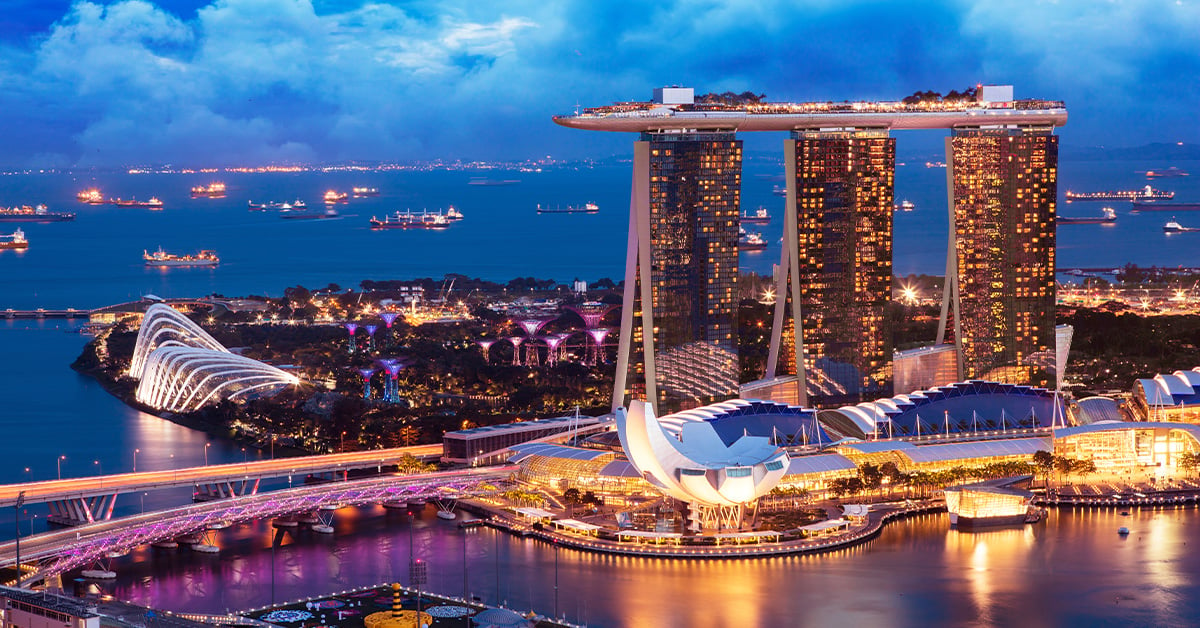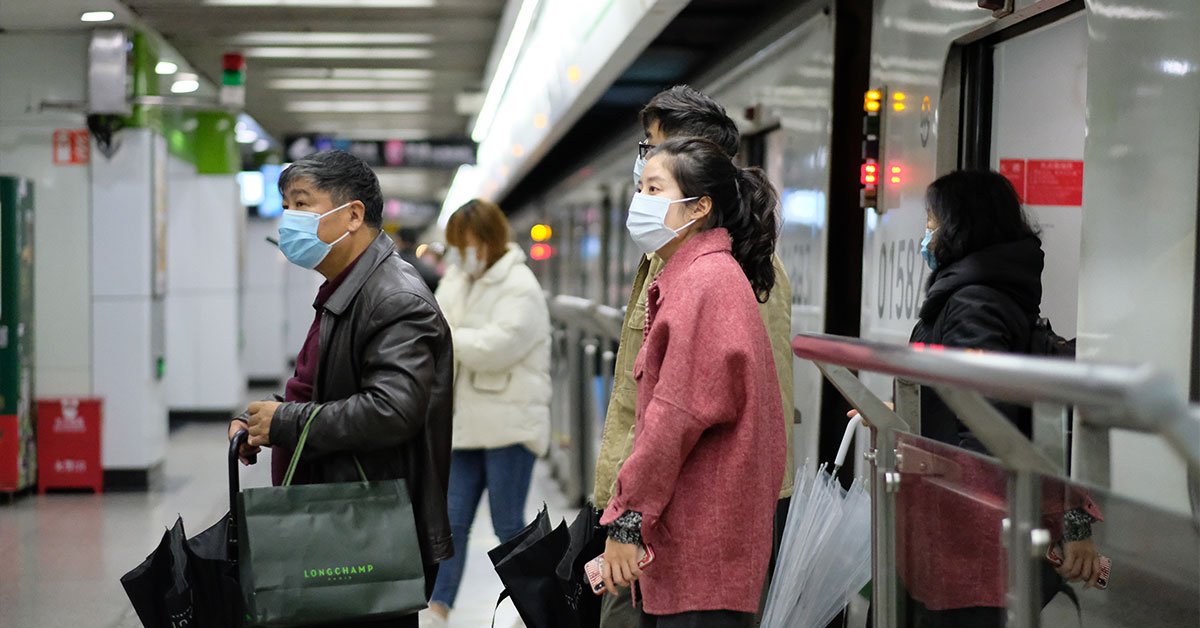Singapore was ranked the least corrupt country in Asia and the 5th least corrupt country globally in 2023.
Huh? Even with the Iswaran probe? Yes, even with the Iswaran probe.
Here’s everything you need to know about the ranking.
Singapore Ranked as Least Corrupt Country in Asia; Ranked 5th Globally
The Corruption Perceptions Index (CPI) — not to be confused with the consumer price index — has just been released by the global anti-graft watchdog Transparency International.
The CPI scores 180 countries and territories on a scale of 0 to 100 based on their perceived levels of corruption in the public sector, with zero representing ‘highly corrupt’ and 100 representing ‘very clean’.
Essentially, it’s like PSLE for nations’ public sectors lah. Except their PSLE is forever, and they’re tested on just one subject — corruption.
This year, Singapore scored 83 out of 100, ranking Singapore the least corrupt country in Asia and the 5th least corrupt country globally (yes, Singapore is not #1 globally).
But don’t get too happy yet. Singapore’s current score, while still undeniably high, still represents a fall from grace. Back in 2012, we scored 87 out of 100.
Other Countries’ Rankings in the CPI
We’ve seen Singapore’s ranking in the CPI, but what about other nations?
Denmark topped the CPI with a score of 90, followed by Finland with a score of 87, New Zealand with a score of 85, Norway with a score of 84, and finally, Singapore.
As for our dearest neighbour across the causeway, while we usually expect their numbers to be 3.5 times of ours, expectations have to be managed for the CPI scoring in particular.
Malaysia scored 50 out of 100, placing them at the global rank of 57.
Yes, you read that right. 50 out of 100. But that’s not all that uncommon after all, according to Transparency International — two in three jurisdictions scored below 50 out of 100 and the global average is stuck at only 43 out of 100.
To a pair of Asian eyes, such a score doesn’t even look like numbers anymore — it looks more like a beating and the threat of ‘Don’t make me confiscate your phone ah’ hanging over your head.
To make matters worse, there appear to be very few countries with improved scores. While scores improved in 28 jurisdictions, scores in 34 jurisdictions had fallen.
This is despite the various steps taken globally to tackle corruption, be it the criminalisation of corruption or the establishment of specialised anti-corruption institutions.
Annor. Sometimes, I think the harder I study, the worse I score. So, the solution is to stop studying. (just kidding).
In the Asia-Pacific region (which, for all you sua kus out there who have no idea where Singapore is on the map, yes, Singapore is in the Asia-Pacific region), the average CPI score isn’t even a ‘passing’ score.
The average CPI score for the Asia-Pacific region is 45 out of 100. And that has been the region’s average score for five years in a row.
To put things into perspective, Western Europe and the European Union had a regional average score of 65 out of 100.
Wah… Basket.
Will the Iswaran Probe Affect Singapore’s Rankings?
Now, for the elephant in the room — did Iswaran’s probe affect Singapore’s scoring in the CPI? Why or why not?
If you’ve yet to discover Iswaran’s charges, we only have one thing to say: have you been living under a rock?
In any event, Goody Feed’s Blue Cat explains Iswaran’s charges in this video:
It appears to be the case that the Iswaran probe didn’t affect Singapore’s CPI scoring much this year — last year, Singapore achieved the same score of 83 out of 100.
Yes, you read that right. Singapore’s score didn’t budge despite what seems to be the biggest corruption probe in Singapore in years.
According to the Asian regional coordinator at Transparency International, Ms Urantsetseg Ulziikhuu, the reason is this: time. Any impact from the Iswaran probe would more likely be seen in the medium term rather than in the immediate short term.
“Independence of institutions, institutional checks and balances, and enforcement of existing laws, among others, would contribute to the level of perceived corruption in Singapore, and perception changes slowly over time,” Ms Urantsetseg added.
Essentially, she’s saying that it’s a “see how after a while” kind of thing lah. It’s not so straightforward that you can ‘SimplyGo’ jump to a conclusion.
And, in any event, a high score on the CPI doesn’t necessarily mean a country is corruption-free. It just means that compared to other countries on the ranking, Singapore appears to see relatively less corruption in the public sector.
A high-ranking country on the CPI with an ongoing high-profile corruption probe — what are Singaporeans to make of this?
Well, it appears that there’s not much to be concerned about. According to Singapore’s Corrupt Practices Investigation Bureau (CPIB), corruption in Singapore is still very much under control.
I mean, that’s what everyone thought until the transport minister (or ex-transport minister) was arrested…
There’s no doubt that Singapore has a robust reputation for its anti-corruption regimes — that explains our country’s CPI ranking, alongside its rankings in other reports like the World Justice Project Rule of Law Index 2023 (where Singapore ranked third out of 142 countries for the absence of corruption) and the Political and Economic Risk Consultancy (where Singapore ranked as the least corrupt country out of 16 countries).
However, perhaps what Iswaran’s probe sheds light on is this — although Singapore’s anti-corruption regime is robust, that doesn’t mean Singapore has the room to be complacent.
“No country can afford to be complacent, and Singapore has taken a strong line, as demonstrated by recent prosecutions and enforcement actions,” said Mr Wilson Ang, the partner and head of the Asia regulatory compliance and investigations practice at Norton Rose Fulbright.
So, Singapore’s public sector better ‘pull up its socks’ lah.



